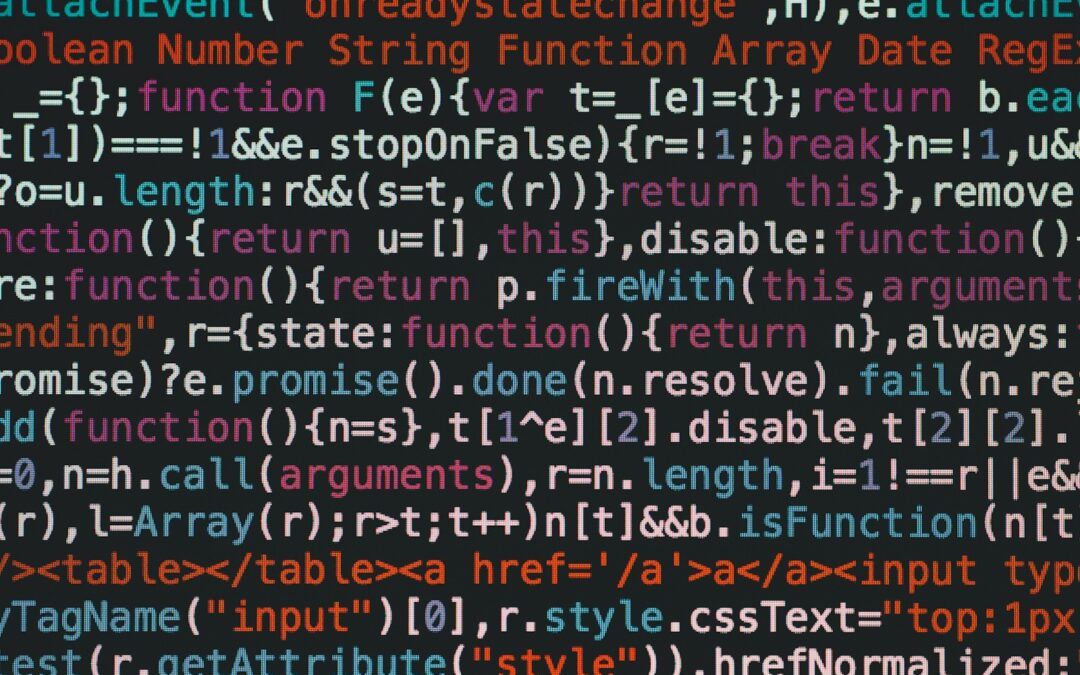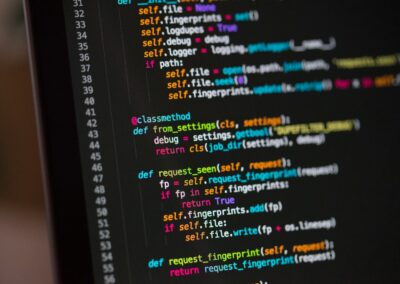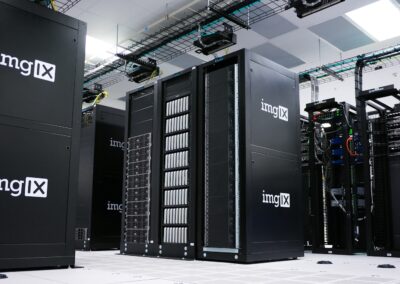Strategies for Evolving Data Privacy in a Technologically Advanced Era
The Need for Evolving Data Privacy Regulations
Adapting data privacy regulations for emerging technologies is crucial as technological innovations continue to transform the business landscape. In regions like Saudi Arabia and the UAE, where technological advancements such as Artificial Intelligence (AI), Blockchain, and the Metaverse are rapidly progressing, the existing data privacy frameworks must be continuously updated. These advancements introduce new types of data collection, storage, and processing that can challenge traditional privacy norms and regulatory practices.
The emergence of Generative AI, which creates new content and interacts with users in unprecedented ways, necessitates a reevaluation of data privacy standards. Similarly, Blockchain’s immutable and transparent nature poses unique challenges for maintaining user privacy. Adapting regulations to address these new technological realities is essential to ensure that data privacy remains robust and effective, protecting individuals and organizations from potential risks associated with these technologies.
For businesses in Saudi Arabia and the UAE, updating data privacy regulations not only ensures compliance with legal requirements but also enhances trust with clients and partners. Companies that proactively address privacy concerns are better positioned to leverage technological innovations while safeguarding their stakeholders’ data. This approach supports business success by fostering a secure environment for technological growth and ensuring alignment with international privacy standards.
Strategies for Adapting Data Privacy Regulations
One effective strategy for adapting data privacy regulations for emerging technologies is the implementation of a dynamic regulatory framework. This framework should include provisions for regular reviews and updates to privacy laws in response to technological advancements. Establishing a regulatory body dedicated to monitoring technological trends and their impact on data privacy can facilitate timely adjustments to regulations, ensuring that they remain relevant and effective.
In Saudi Arabia and the UAE, such a framework could be supported by creating partnerships between government agencies, technology companies, and academic institutions. These collaborations can provide valuable insights into emerging technologies and their implications for data privacy. By leveraging the expertise of various stakeholders, regulatory bodies can develop comprehensive and forward-looking privacy policies that address both current and future challenges.
Another crucial aspect of adapting data privacy regulations is the incorporation of flexible and technology-neutral principles. Instead of focusing on specific technologies, regulations should be designed to address broad privacy concerns and principles. This approach allows for more agile responses to new technologies and ensures that privacy protections are not outdated by rapid technological progress.
Utilizing Technology for Privacy Regulation
Leveraging technology can significantly enhance the process of adapting data privacy regulations for emerging technologies. For instance, AI-powered tools can assist in monitoring compliance and identifying potential privacy breaches in real-time. These tools can analyze large volumes of data to detect anomalies and ensure that data handling practices align with regulatory requirements. Incorporating such technology into privacy management systems can improve efficiency and accuracy in enforcing data privacy regulations.
Blockchain technology, despite its challenges, can also contribute to data privacy regulation by providing transparent and immutable records of data transactions. This can be particularly useful for tracking consent and data usage, ensuring that privacy policies are adhered to. By integrating Blockchain into privacy frameworks, organizations can enhance accountability and traceability in data management.
The Metaverse presents unique opportunities for privacy regulation through immersive and interactive environments. Virtual spaces can be designed with built-in privacy features that allow users to control their data and privacy settings more effectively. Implementing privacy-by-design principles in the Metaverse can ensure that privacy considerations are integrated from the outset, addressing potential issues before they arise.
Ensuring Global Consistency and Compliance
To effectively adapt data privacy regulations, it is essential to ensure global consistency and compliance. Engaging with international standards and best practices can help align local regulations with global privacy norms. For Saudi Arabia and the UAE, this means participating in global discussions on data privacy and adopting international frameworks that support cross-border data flow while protecting individual privacy.
Collaborating with international regulatory bodies and industry groups can provide valuable guidance on navigating complex privacy issues and ensuring compliance with global standards. This collaboration can also support the development of harmonized regulations that facilitate international business and technology deployment while maintaining robust privacy protections.
Additionally, organizations should invest in ongoing training and awareness programs to ensure that employees understand and adhere to updated privacy regulations. Regular training helps in maintaining a high level of compliance and addressing any new privacy challenges that arise from technological advancements.
Conclusion: Building a Resilient Privacy Framework
Adapting data privacy regulations for emerging technologies is a critical task for maintaining trust and ensuring effective privacy protections in a rapidly evolving technological landscape. For businesses and regulatory bodies in Saudi Arabia and the UAE, adopting a dynamic regulatory framework, leveraging technology, and ensuring global consistency are key strategies for addressing privacy challenges.
By proactively updating privacy regulations and incorporating modern technologies, organizations can navigate the complexities of emerging technologies while safeguarding data privacy. This approach not only supports regulatory compliance but also fosters a secure and trustworthy environment for technological innovation and business success.
#DataPrivacy #PrivacyRegulations #AI #SaudiArabia #UAE #Riyadh #Dubai #ArtificialIntelligence #Blockchain #Metaverse #GenerativeAI #ModernTechnology #BusinessSuccess #Leadership #ProjectManagement























